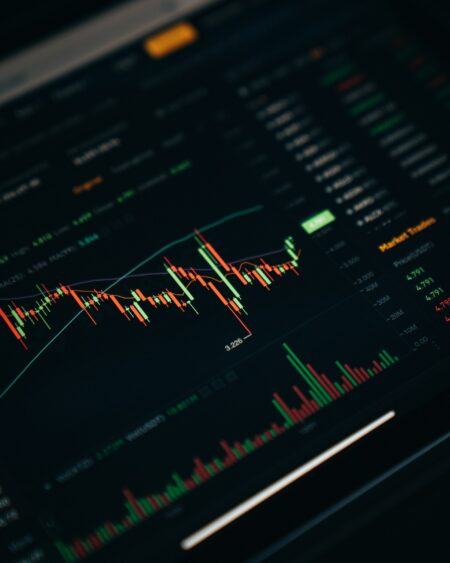On January 16, Howard Lutnick, CEO of Cantor Fitzgerald, spoke on Bloomberg Television at the World Economic Forum’s annual meeting in Davos, Switzerland.
Cantor Fitzgerald is a global financial services firm that operates in various aspects of the financial markets. Founded in 1945, it has established itself as a prominent player in the world of finance. Lutnick joined Cantor Fitzgerald in 1983 and became its CEO in 1991.
He gained significant public attention in the aftermath of the September 11, 2001, terrorist attacks, during which Cantor Fitzgerald lost 658 of its 960 New York employees, including Lutnick’s brother, Gary. The attacks decimated the firm’s North American operations, as its offices were located near the top of One World Trade Center.
Inflation and Federal Reserve’s Interest Rate Policy
Lutnick commented on the current state of the economy, noting that inflation remains a persistent issue. He observed that younger people might perceive zero interest rates as normal, but from his experience, he knows this is not typically the case. Lutnick expressed skepticism about the market’s expectation of a 175 basis point cut by the Federal Reserve, calling it unrealistic.
He believes that if the Fed errs in its policy, it will likely be by maintaining higher interest rates for a longer period. Lutnick sees the current rate of around 5% as reasonable and manageable for the economy, despite inflation not being fully under control yet.
Capital Markets Activity and Stability
Lutnick discussed the impact of stable interest rates on capital markets activity. He emphasized that stability, even at a 5% interest rate, is beneficial. He pointed out that the U.S. has a $34 trillion deficit, making a 5% rate seem reasonable. Lutnick believes that this stability will bring back capital markets activity, as it provides a known and manageable environment for investors and businesses.
Crypto Market and Spot Bitcoin ETFs
On the topic of cryptocurrencies, Lutnick shared his views on the recent approval of spot Bitcoin ETFs by the U.S. SEC. He doesn’t believe that these ETFs will restore confidence in the crypto sector, as they are just another way for Americans to invest in Bitcoin. However, he did say that he expects the price of Bitcoin to go up in the run-up to the Halving in April.
Lutnick questioned the relevance of Bitcoin and stablecoins for American investors, given the availability of services like Venmo and PayPal. He argued that cryptocurrencies are more significant in countries with unstable currencies, like Argentina, Venezuela, and Turkey, where they offer a way to hold onto the dollar.
Tether and Stablecoins in Emerging Markets
Lutnick spoke about Tether, a stablecoin, and its importance in emerging markets. He mentioned that he manages many of Tether’s assets and confirmed that Tether Holdings has the funds it claims to have. Lutnick sees stablecoins like Tether as crucial in countries with volatile national currencies, as they provide a way for people to hold dollars in a tokenized form.
Competition in Financial Markets
Discussing competition in financial markets, Lutnick mentioned Cantor Fitzgerald’s plans to compete with CME Group in 2024 through FMX. He highlighted Cantor Fitzgerald’s growth in the electronic marketplace for U.S. treasuries and its partnership with major banks to create a competitor to CME. Lutnick expects full approvals from the CFTC and a successful rollout of FMX, offering an alternative to CME’s monopoly in the market.
Fixed Income Trading and Bank Performance
Lutnick also touched upon the state of fixed-income trading, noting that the return of interest rate volatility has revitalized trading markets. He contrasted the current dynamic market with the previous zero-interest-rate environment, which he described as boring. Lutnick believes that banks will perform exceptionally well in 2024, benefiting from the increased trading activity. He cited JP Morgan’s strong results as an example and expressed optimism for the banking sector’s performance in the coming year.
Featured Image via Pixabay









